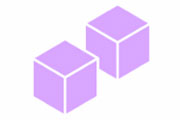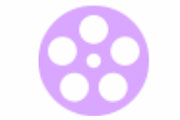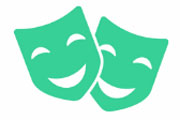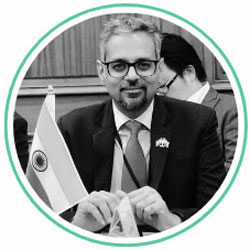Spotlighting Diversity: The Transformative Power of Theatre in DEI Training
In early 2016, a close friend and former colleague approached me to incorporate theatrical elements into a nationwide Diversity, Equity & Inclusion (DEI) training program she was leading. Her need to do something novel and different emerged from the growing recognition that classroom trainings on DEI are limited in their impact and influence over the audience. Most employees see these training sessions as ‘mandatory ‘or ‘tick in the box’ sessions.
She and I wanted to bring a novel perspective to the initiative. I created scripted scenarios that spotlighted prevalent stereotypes linked to identities and gender within organizational settings. We went further down the unconventional path and opted to have employees from within the organization (who possessed some comfort with the stage) to enact these scenarios rather than professional actors. The outcome was a remarkably engaging and interactive training program that achieved 100% participant buy-in. It was during this experience that I truly grasped the potent impact of theatre on sensitive and complex subjects such as unconscious biases, intersectionality, microaggressions, empathy and so on.
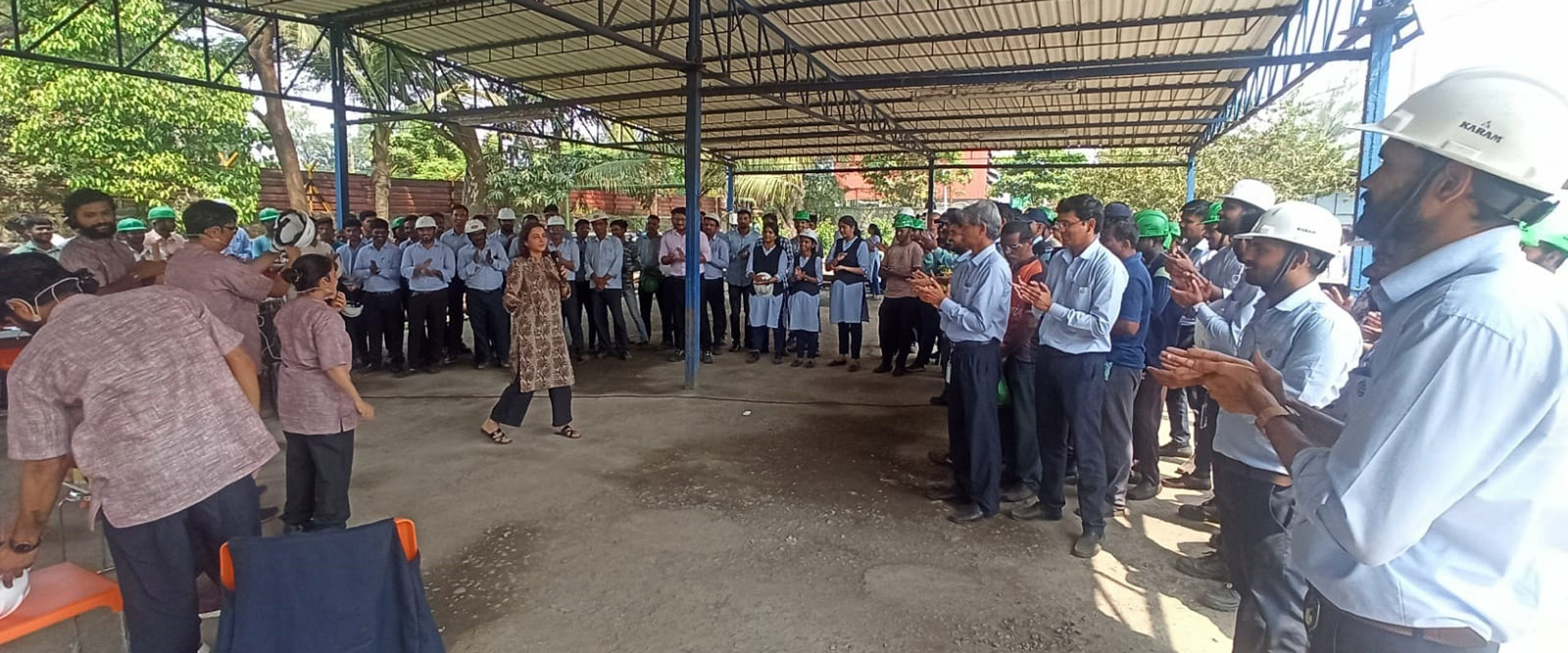
In today’s landscape, where organizations are increasingly investing in DEI programs, the challenge of garnering genuine employee investment and commitment continues. It is now an established fact that the cookie cutter DEI training programs no longer make a cut. And here is where theatre comes in. Theatre, at its core, is a medium for storytelling and empathy.
Its magic lies in stories that break down walls creating a shared human experience. By putting faces and emotions to often unheard stories, it unfolds narratives that resonate across industries, hierarchies, regional differences, classes, genders and so on. In a DEI context, this means giving a voice to that which is often unheard, shedding light on perspectives that are often invisible, and articulating complex and intersectional experiences of discrimination that cannot be captured in PowerPoints and classroom training. Theatre does not shy away from putting a spotlight on the harsh realities while simultaneously navigating it with sensitivity. This immersive methodology thus serves as a mirror, reflecting and foregrounding the biases we may hold unconsciously.
But, it is not all serious stuff – interactive exercises, tailored performances, and improv inject a sense of fun and engagement into learning. I often tell my participants, ‘No PowerPoint, No Notepad, No Laptops needed! Just bring an open mind and present body and be there 100%, to immerse, experience, challenge, and change.’
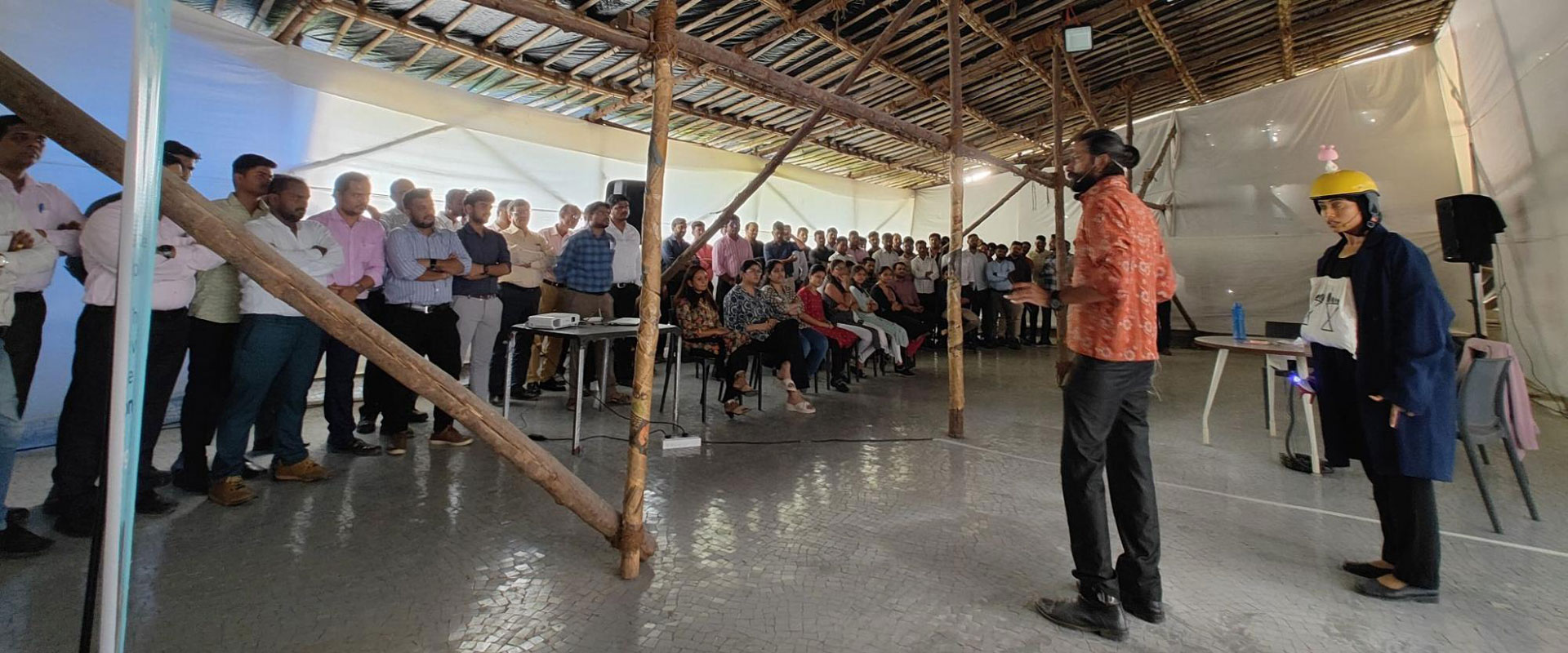
For me, theatre is not just a passion but also a lived experience in the realm of DEI. Leveraging theatre for DEI training has not only unlocked avenues for transformative learning but has also nurtured a workplace culture that celebrates diversity, confronts biases, and weaves inclusion into the very fabric of the organization.
It transcends being merely a training method; instead, it signifies a journey toward authentic cultural transformation.
 Monica Mahendru is a former HR practitioner and tech recruiter. Monica delved into the performing arts over a decade ago to follow her passion for acting and has since worked with global organisations coaching and facilitating workshops using theatre as a medium to engage and drive behavioural changes that IMPACT, INSPIRE and TRANSFORM.
Monica Mahendru is a former HR practitioner and tech recruiter. Monica delved into the performing arts over a decade ago to follow her passion for acting and has since worked with global organisations coaching and facilitating workshops using theatre as a medium to engage and drive behavioural changes that IMPACT, INSPIRE and TRANSFORM.
Monica is a Master Facilitator at Syngrity and an integral part of We-Lead – our D&I offering. To know more about how we can support your D&I mandates using experiential theatre-based methods drop us a line at syngrity@syngrity.com


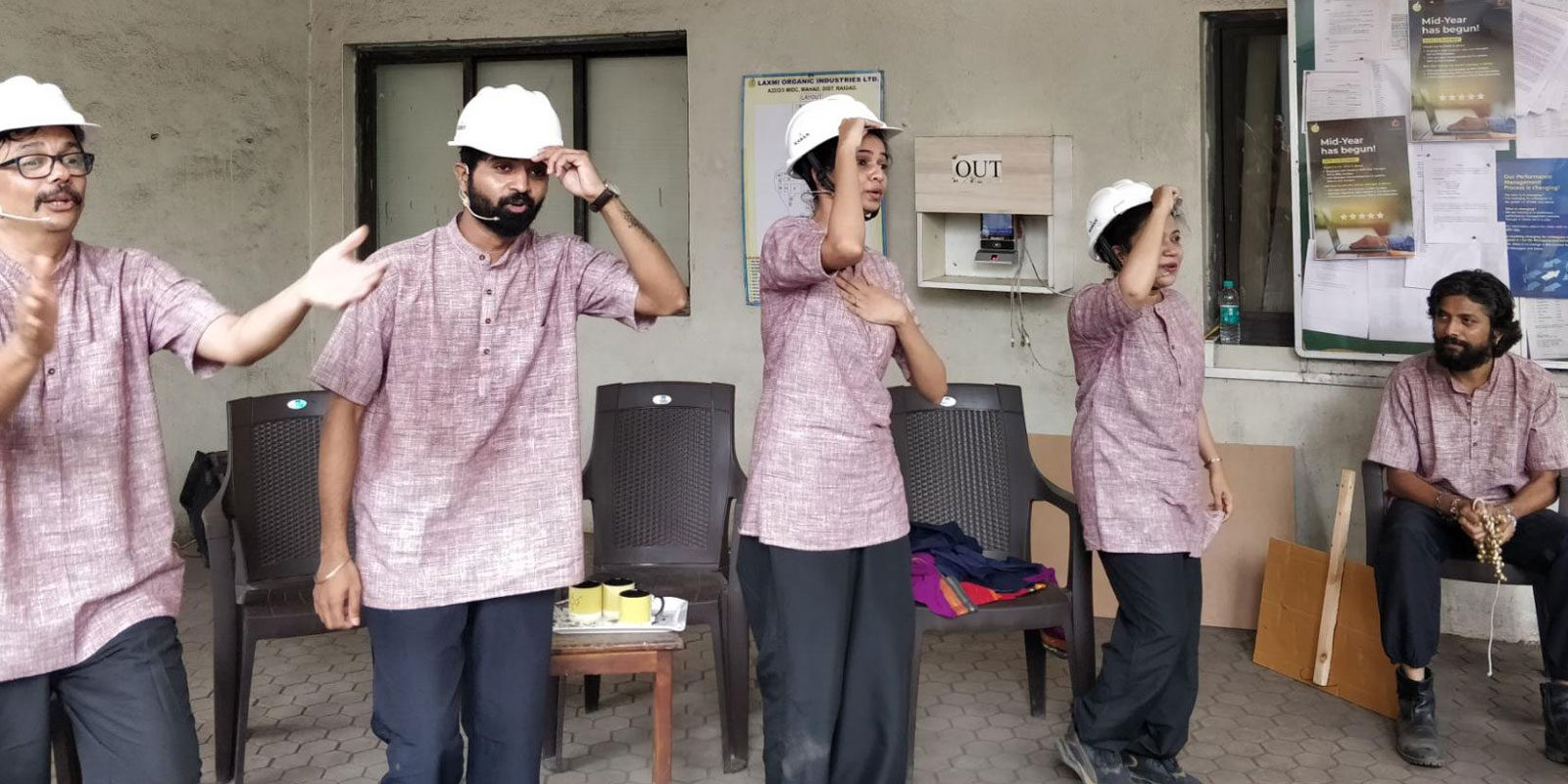




 MALATI VASUDEVA
MALATI VASUDEVA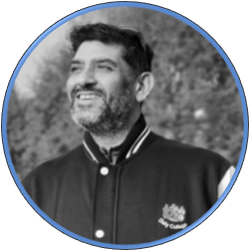 VIKRAM BADHWAR
VIKRAM BADHWAR PRIYANKA KUMAR
PRIYANKA KUMAR SUMAL VARGHESE
SUMAL VARGHESE


